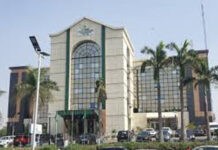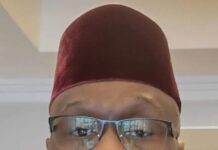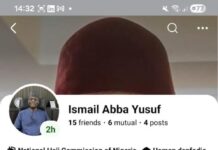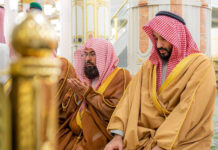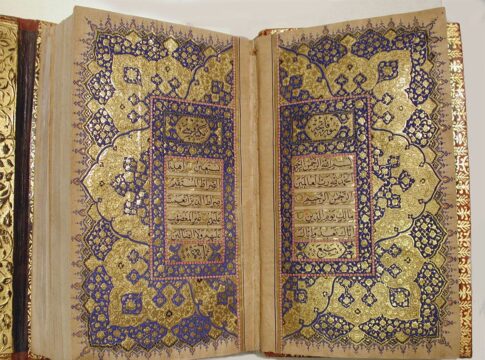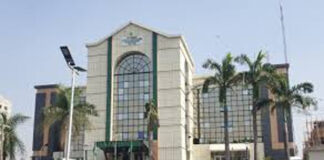For The first time, in the heart of Zaria, Kaduna State, a quiet revolution unfolded—one not marked by noise, but by the graceful movement of hands and the power of faith. With high emotions and deep spiritual fulfillment, dozens of hearing-impaired students from 13 Local Government Areas gathered to compete in a Qur’anic recitation contest designed just for them.
Organized by the Al-Furqan Deaf Islamic Da’wah Association, the event was more than a competition—it was a celebration of inclusion, resilience, and spiritual devotion. Malam Yasir-Suleiman Kofa, the visionary behind the initiative, watched proudly as students competed in four categories of Qur’anic memorization, including the challenging five-Hizf with Tafsir (interpretation). Each contestant, representing their local government area, used sign language to convey the sacred verses—an act that moved many in the audience to tears.
Recognition and Rewards
The competition wasn’t just symbolic—it came with tangible rewards. Winners from Ikara and Kaduna South LGAs received ₦50,000 each, while second and third-place finishers earned ₦30,000 and ₦20,000 respectively. Though the top prize in the Tafsir category remained undecided, the impact of the event was unmistakable.
A Lawmaker’s Support
Among the attendees was Alhaji Mahmud Isma’ila, a member of the Kaduna State House of Assembly, who passionately advocated for the integration of sign language into Qur’anic education. “This knowledge is very rare and unique,” he said.
“It will help hearing-impaired students practice the religion of Islam with ease.”
Backing his words with action, Isma’ila purchased 10 copies of the Qur’an translated into sign language, donating them to Ahmadu Bello University and Kaduna State University to support further learning. Each of the institutions received five copies.
A Gathering of Hope
The event, aptly named the “Kaduna State Deaf Qur’anic Sign Language Competition and Grand Launching of the Qur’an in Sign Language for the Deaf,” drew participants and spectators from across and beyond the state. It marked a turning point for many deaf Muslims who have long been sidelined in religious education.
For the students, it was more than a contest—it was a moment of visibility, dignity, and spiritual connection. And for the community, it was a reminder that faith speaks in many languages—even in silence

